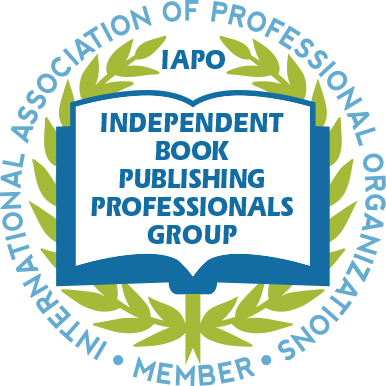Conflicts of Interest
OpenSciPrex is dedicated to upholding the highest standards of integrity and transparency in the publication of scientific research. Recognizing potential conflicts of interest (COI) is essential to maintaining the trust of the readership, authors, reviewers, and the academic community at large. A conflict of interest exists when an individual’s or organization’s secondary interests—financial, personal, or professional—may unduly influence their primary responsibilities in the conduct, reporting, or reviewing of research.
Policy on Disclosure of Conflicts of Interest:
- Mandatory Disclosure: Authors must disclose any circumstances or interests that may be perceived as potential conflicts of interest at the time of manuscript submission. This includes any financial, personal, or professional affiliations or relationships that might be viewed as influencing the manuscript content.
- Transparent Reporting: All potential conflicts of interest must be clearly stated in the manuscript under a separate heading titled ‘Conflicts of Interest’. If no conflicts exist, authors should state: “The authors declare no conflict of interest.”
- Editorial Responsibilities: Editors and reviewers are also required to declare any potential conflicts of interest that could bias their handling of manuscripts. They must recuse themselves from handling a submission if a potential conflict exists.
Guidelines for Identifying Conflicts of Interest:
- Financial Interests: Include any relationships that may involve financial transactions, such as employment, consultancies, stock ownership, honoraria, paid expert testimony, patent applications/registrations, and grants or other funding.
- Personal Relationships: Any personal relationships with individuals involved in the research or publication process that could influence the work should be reported.
- Academic Competitions: Competing interests can occur when the work is closely related to a project of a reviewer or editor, potentially leading to biased decision-making.
- Intellectual Beliefs: Strong personal or intellectual beliefs that may affect the impartiality of the review process should be considered as potential conflicts.
Management of Conflicts of Interest:
- Editorial Review: All disclosures will be carefully reviewed by the editorial team. The presence of a disclosed conflict does not necessarily disqualify a manuscript from consideration; rather, it is subject to an objective and fair review process.
- Third-party Review: In cases where significant conflicts of interest are disclosed, additional reviewers may be solicited to ensure impartiality.
- Public Availability: Conflicts of interest, once disclosed, will be made available to readers alongside the published material, providing an additional layer of transparency.
OpenSciPrex’s commitment to identifying and managing conflicts of interest is integral to the ethical publication of scientific work. By fostering an environment of transparency, we strive to ensure the integrity of the research we disseminate, preserving the trust and respect of the scientific community and the public.



